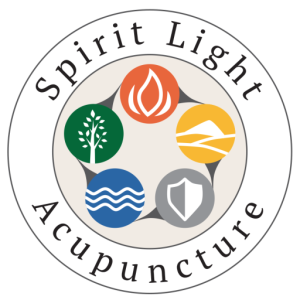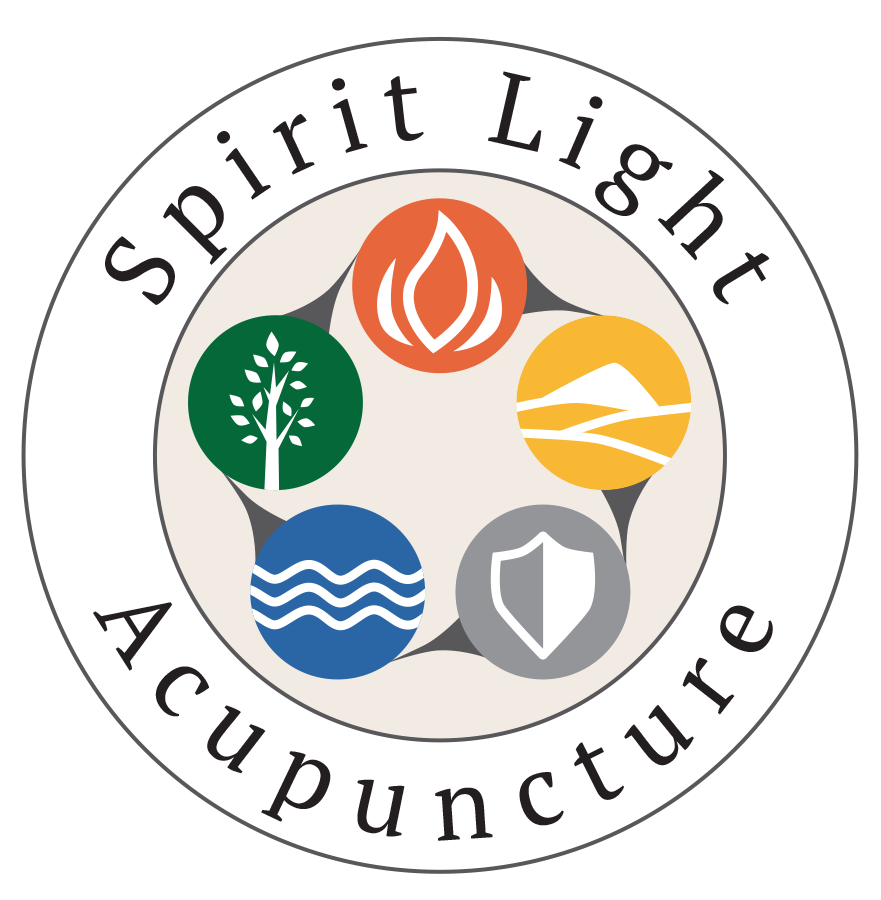Some common questions about acupuncture are answered below. Call us if you have other questions or if you are interested in improving your life through acupuncture treatment.
Q & A
What is Acupuncture?
Acupuncture is an effective form of health care that has evolved into a complete and holistic medical system. Practitioners of acupuncture and Chinese medicine have used this noninvasive medical system to diagnose and help millions of people get well and stay healthy.
An acupuncturist will place fine, sterile needles at specific acupoints on the body. This activates the body’s Qi and promotes natural healing by enhancing recuperative power, immunity and physical and emotional health. It also can improve overall function and well-being. It is a safe, painless and effective way to treat a wide variety of medical problems.
What will my acupuncturist do?
During the initial exam a full health history will be taken. Questions will be asked regarding symptoms, health and lifestyle. Orna Amrani also may check pulses and your tongue and may conduct a physical exam. This information is then organized to create a complete, accurate and comprehensive diagnosis of where Qi has become blocked or imbalanced. After the interview process, you may receive an acupuncture treatment. Visits with Orna may last from thirty to ninety minutes.
Why do they want to feel my pulse?
There are twelve pulse positions on each wrist that Orna will palpate. Each position corresponds to a specific meridian and organ. Orna Amrani will be looking for twenty-seven individual qualities that reflect overall health. If there are any problems, they may appear in the pulse.
Why do they want to look at my tongue?
The tongue is a map of the body. It reflects the general health of the organs and meridians. Orna will look at the color, shape, cracks and coating on your tongue.
Is acupuncture safe for children?
Yes. In some instances children actually respond more quickly than adults. If your child has an aversion to needles, Orna Amrani may massage the acupuncture points. This is called acupressure or tuina.
How many treatments will I need?
The number of treatments will vary from person to person. Some people experience immediate relief; others may take months or even years to achieve results. Chronic conditions usually take longer to resolve than acute ones. Plan on a minimum of a month to see significant changes.
Treatment frequency depends on a variety of factors: your constitution, the severity and duration of the problem and the quality and quantity of your Qi. Orna Amrani may suggest one or two treatments per week, or monthly visits for health maintenance and seasonal “tune ups”.
How much does it cost?
Rates vary and depend upon what procedures are performed. It is best to consult with Orna Amrani about costs.
Will my insurance cover acupuncture?
Insurance coverage varies from state to state. Contact your insurance provider to learn what kind of care is covered. Here are a few questions to ask:
- Will my plan cover acupuncture?
- How many visits per calendar year?
- Do I need a referral?
- Do I have a co-pay?
- Do I have a deductible?
- If yes, has it been met?
How should I prepare?
- Write down and bring any questions you have. We are here to help you.
- Wear loose, comfortable clothing for easy access to acupuncture points.
- Do not eat large meals just before or after
your visit. - Refrain from overexertion, working out, drugs or alcohol for up to six hours after the visit.
- Avoid stressful situations. Make time to relax, and be sure to get plenty of rest.
- Between visits, take notes of any changes that may have occurred, such as the alleviation of pain, pain moving to other areas, or changes in the frequency and type of problems.
How safe is acupuncture?
Acupuncture is extremely safe. It is an all-natural, drug-free therapy, yielding no side effects just feelings of relaxation and well-being. There is little danger of infection from acupuncture needles because they are sterile, used once, and then discarded.
How are acupuncturists educated?
Today, acupuncturists undertake three to four years of extensive and comprehensive graduate training at nationally certified schools. All acupuncturists must pass a national exam and meet strict guidelines to practice in every state.
What can acupuncturists treat?
Acupuncture is recognized by the National Institute of Health (NIH) and the World Health Organization (WHO) to be effective in the treatment of a wide variety of medical problems. Below are some of the health concerns that acupuncture can effectively treat:
|
|
|


